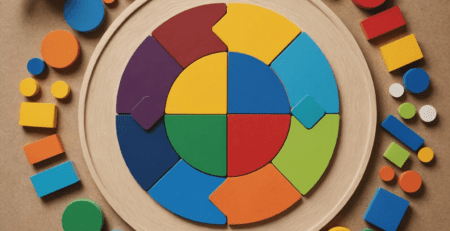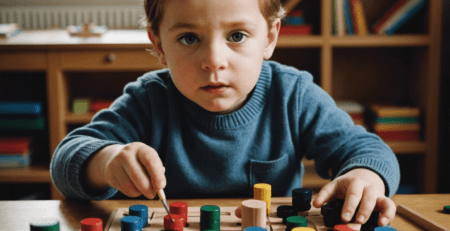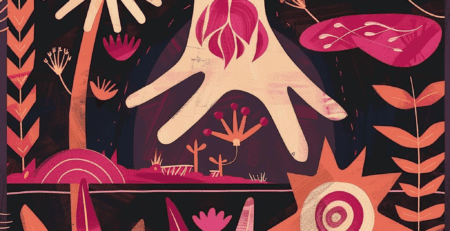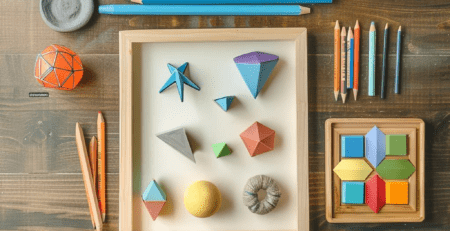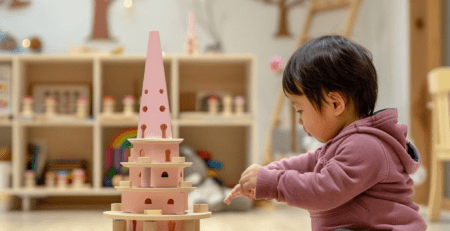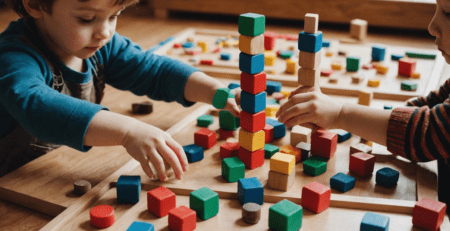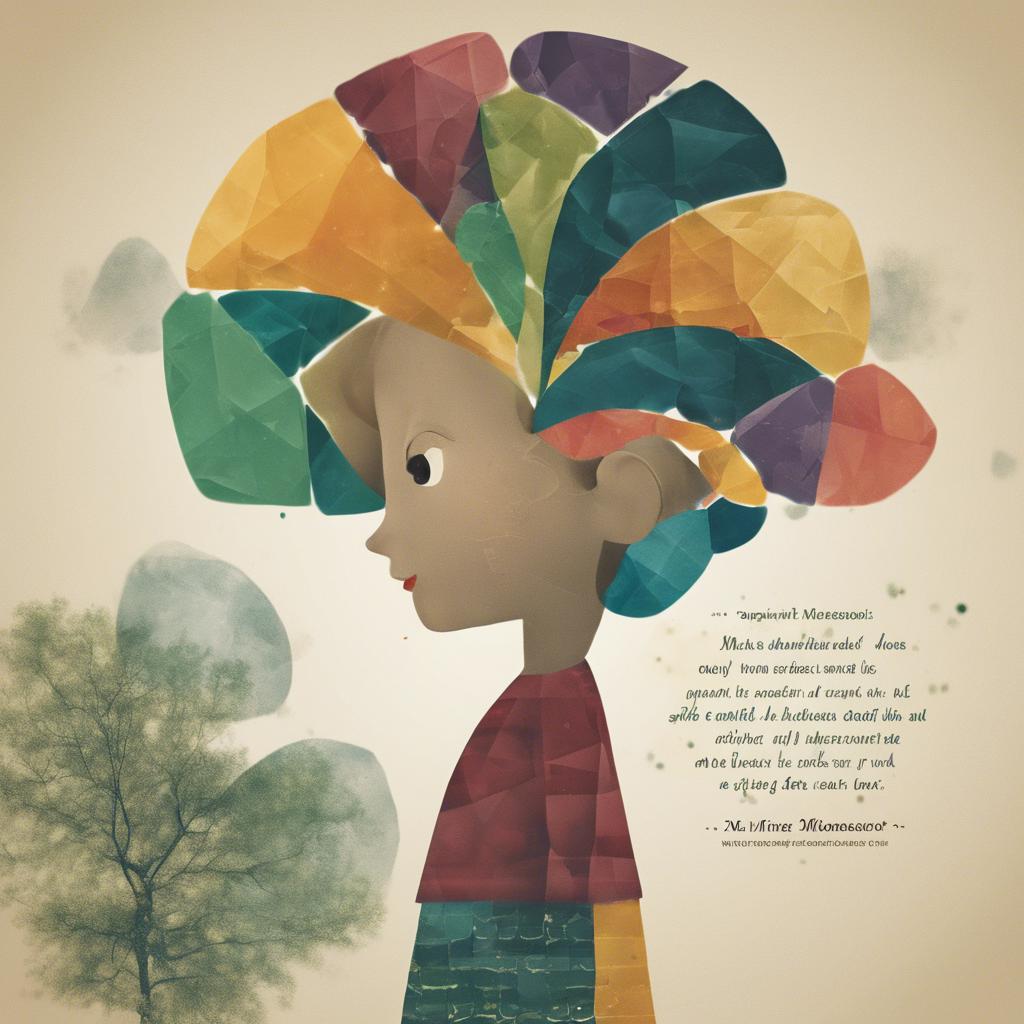
20
Maria Montessori Quotes to Inspire and Motivate
Maria Montessori, an Italian physician and educator, is known for her progressive approach to education and her empowering philosophy on childhood development. Through her pioneering work, she has left behind a legacy of influential quotes that continue to inspire educators and parents alike. Join us as we delve into the wisdom and insight of Maria Montessori through her most thought-provoking quotes.
Table of Contents
- Maria Montessori’s Early Life and Education
- The Founding of the Montessori Method
- Insights into Childhood and Education
- Montessori’s Views on Discipline and Behavior
- Philosophical and Inspirational Quotes from Maria Montessori
- Legacy of Maria Montessori in Education Today
- Q&A
- In Summary
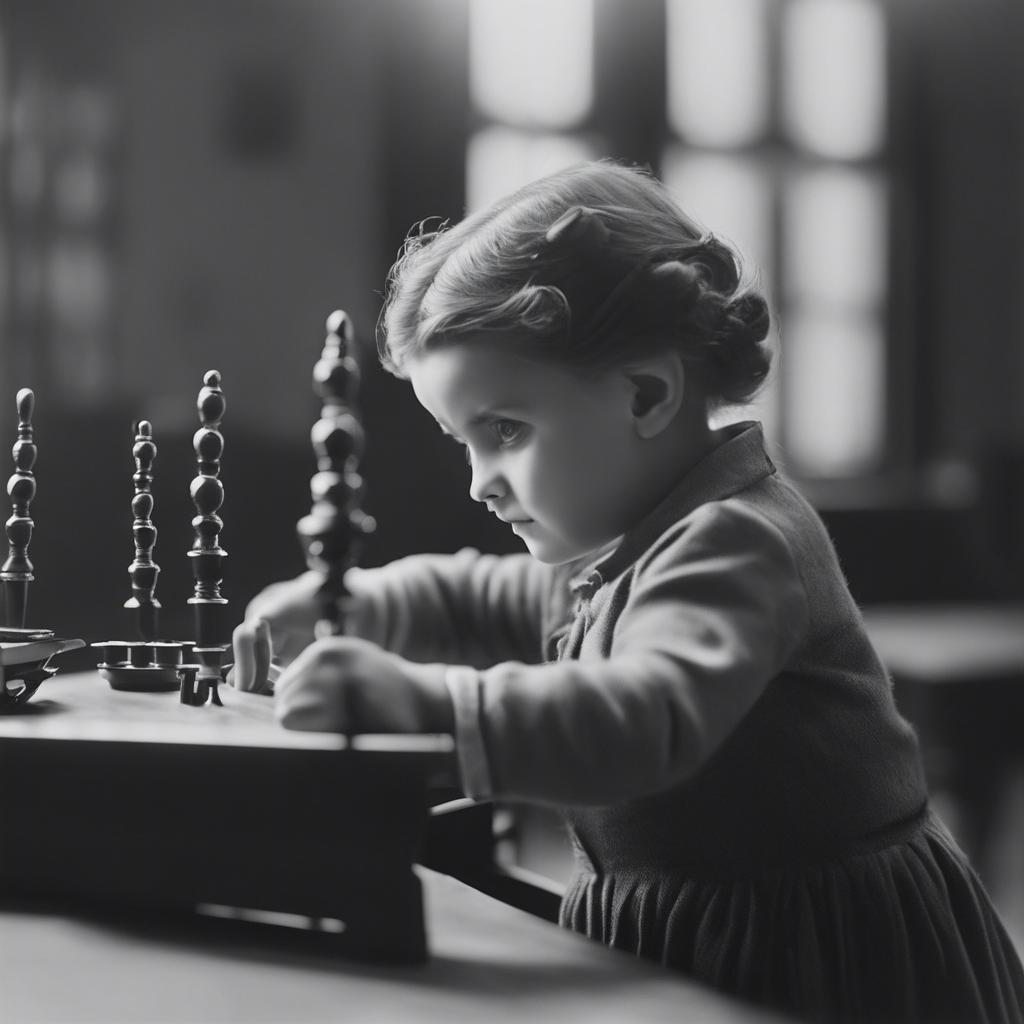
Maria Montessori’s Early Life and Education
- 1870: Maria Montessori is born in Chiaravalle, Italy.
- Early influence: Her mother’s love for literature and her father’s practical, analytical approach.
- University of Rome: One of the first female students to study medicine.
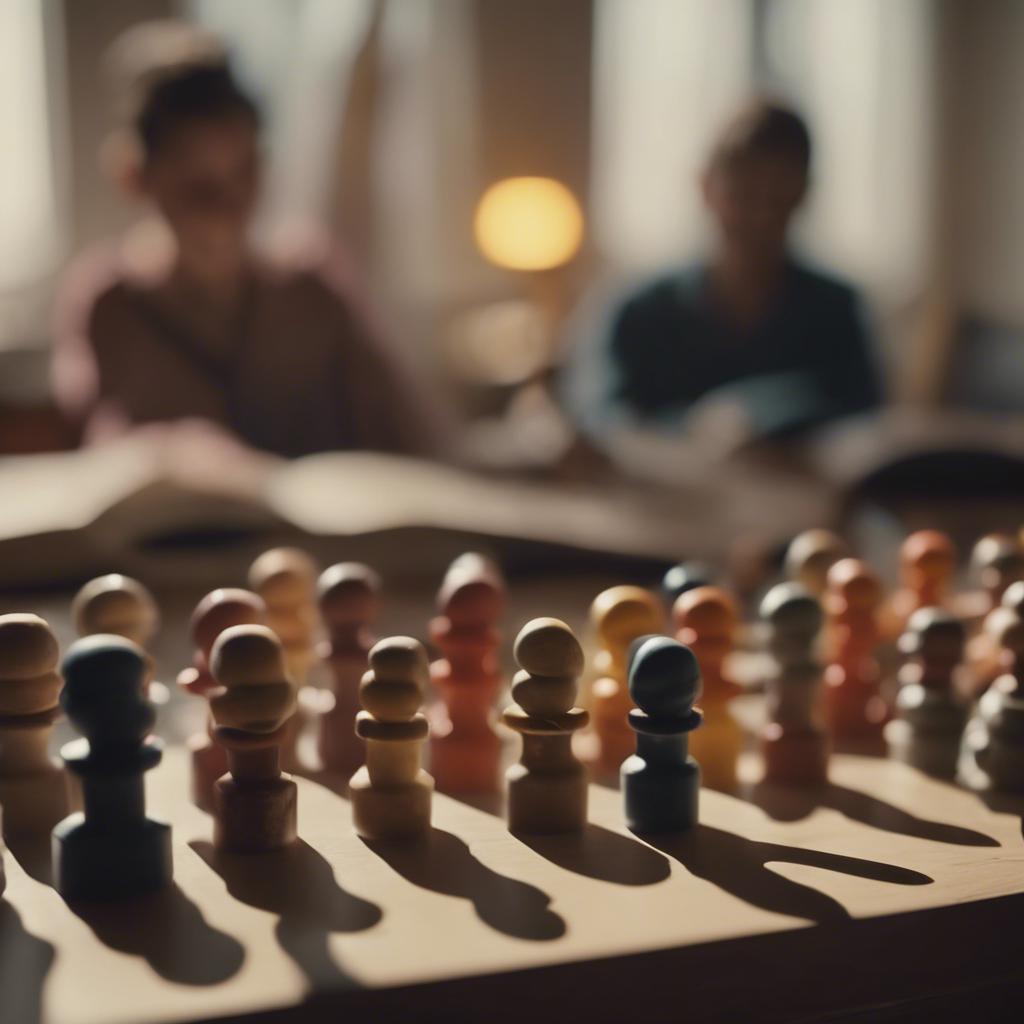
The Founding of the Montessori Method
The Montessori method of education is a child-centered approach that was developed by Dr. Maria Montessori, an Italian physician and educator, in the early 20th century. Dr. Montessori was a visionary who believed in the potential of every child to learn and grow to their full potential. Her method is based on the idea that children are naturally curious and eager to learn, and that they should be given the freedom and independence to explore and discover the world around them.
Dr. Montessori’s approach to education is grounded in a deep understanding of child development and a belief in the importance of fostering a child’s innate desire to learn. She emphasized the role of the environment in shaping a child’s growth, and she designed specially crafted materials and activities to promote independent learning and self-discovery. Her method has since been adopted by schools all over the world and continues to be a popular choice for parents seeking a holistic and individualized approach to their child’s education.
| Key Principles of the Montessori Method |
|---|
| Child-centered approach |
| Promotion of independence and freedom |
| Use of specially designed materials and activities |
| Emphasis on the role of the environment in learning |
Insights into Childhood and Education
Exploring the teachings and philosophies of Maria Montessori can provide valuable . Her work continues to influence educators and parents around the world, emphasizing the importance of a child-centered approach to learning. By delving into Maria Montessori quotes, we can gain a deeper understanding of her perspectives and their relevance in today’s educational landscape.
One of Maria Montessori’s notable quotes is, “The greatest sign of success for a teacher…is to be able to say, ‘The children are now working as if I did not exist.'” This quote encapsulates Montessori’s belief in fostering independence and autonomy in children. It highlights the idea that effective teaching empowers students to become self-directed learners, capable of exploring and discovering knowledge on their own.
Another impactful quote by Maria Montessori is, “The greatest gifts we can give our children are the roots of responsibility and the wings of independence.” This quote reflects Montessori’s emphasis on nurturing qualities such as accountability and self-reliance in children. It underscores the importance of providing a supportive environment that allows children to develop a sense of agency and confidence in their abilities.
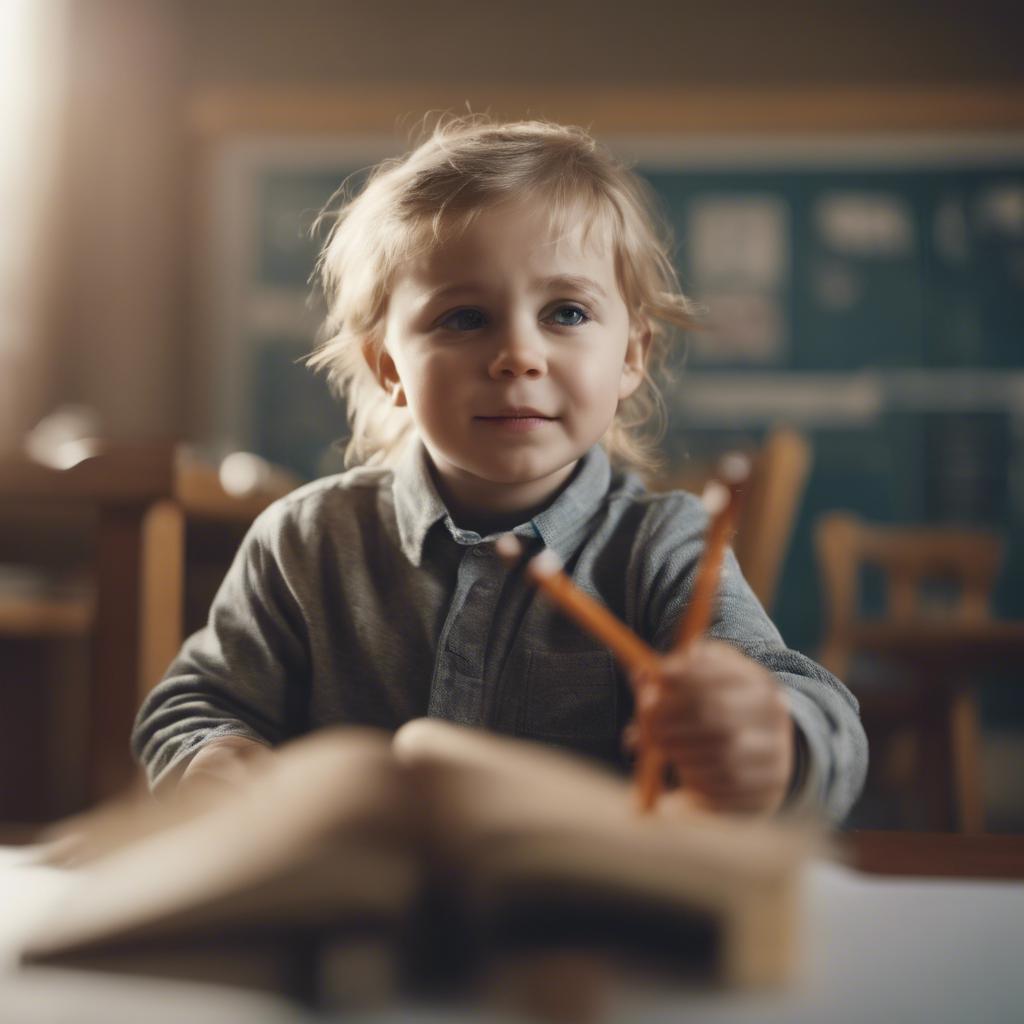
Montessori’s Views on Discipline and Behavior
Maria Montessori, an Italian physician and educator, is best known for her innovative educational method that bears her name. Montessori’s approach to discipline and behavior is rooted in the belief that children are inherently good, and their behavior is a reflection of their environment. She emphasized the importance of creating a nurturing and supportive environment that fosters self-discipline and respect for others.
Montessori believed that discipline should not be imposed from outside, but rather cultivated from within the child. She advocated for giving children freedom within limits, allowing them to make choices and experience the consequences of their actions. This approach is aimed at helping children develop self-control, problem-solving skills, and empathy for others. have had a lasting impact on education, shaping the way many educators approach classroom management and character development.
Philosophical and Inspirational Quotes from Maria Montessori
If you’re looking for philosophical and inspirational quotes to motivate and enlighten you, Maria Montessori has a wealth of wisdom to offer. As an Italian physician and educator, Maria Montessori’s innovative educational philosophy has left a lasting impact on the world. Her ideas are not only relevant to education but also to life in general. Here are some thought-provoking quotes from Maria Montessori that will inspire you to think deeply and embrace a more meaningful way of living:
- “The greatest sign of success for a teacher… is to be able to say, ‘The children are now working as if I did not exist.'”
- “We cannot create observers by saying ‘observe,’ but by giving them the power and the means for this observation and these means are procured through education of the senses.”
- “The greatest gifts we can give our children are the roots of responsibility and the wings of independence.”
These quotes reflect Maria Montessori’s philosophy of education, emphasizing the importance of fostering independence, responsibility, and a sense of wonder in children. They also hold valuable lessons for adults, encouraging us to reflect on our own attitudes, actions, and perceptions. Maria Montessori’s insights continue to inspire generations to cultivate a deeper understanding of human nature and personal growth.
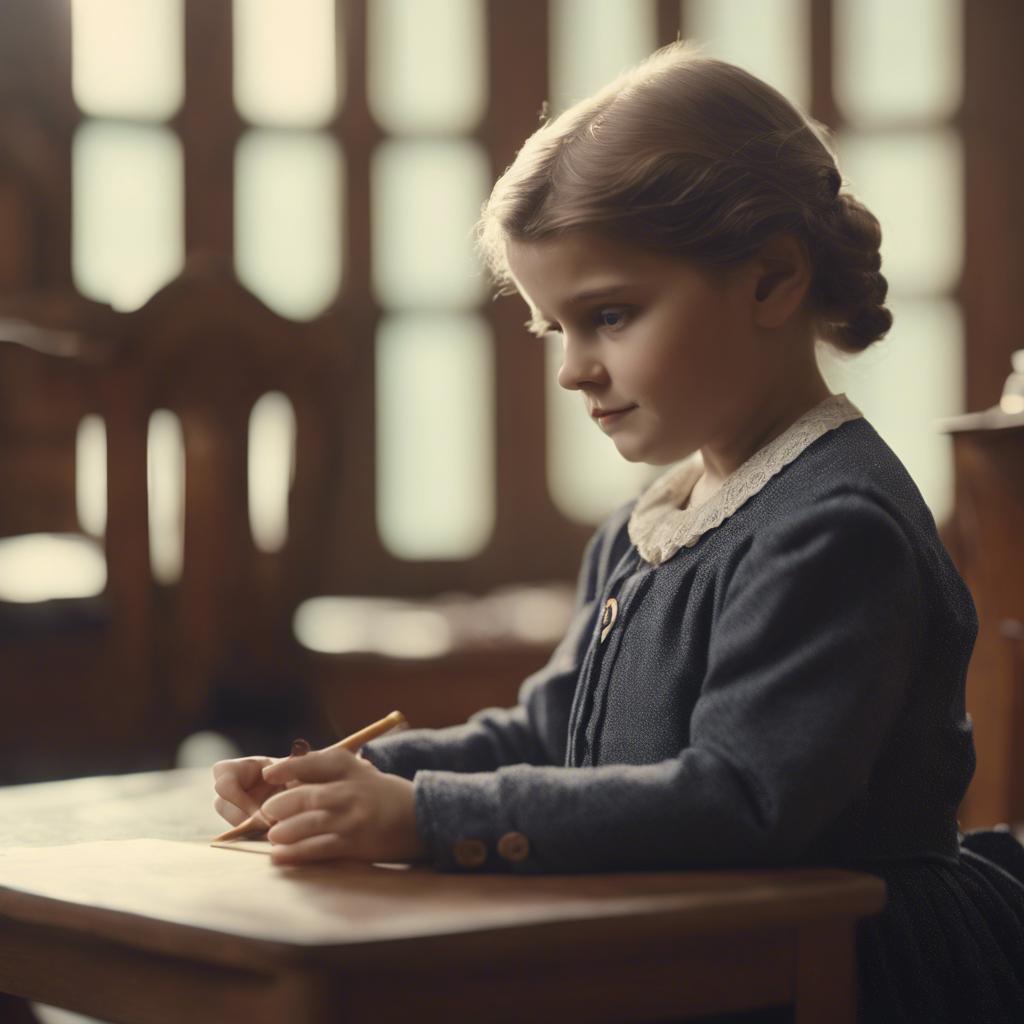
Legacy of Maria Montessori in Education Today
Maria Montessori, an Italian educator and physician, is best known for her revolutionary approach to education. Her legacy continues to influence the field of education today, as her methods and philosophies are still widely practiced and revered. Montessori’s impact on education can be seen in various aspects, from classroom design to individualized learning.
One of the lasting legacies of Maria Montessori is her emphasis on individualized learning. She believed that each child is unique and should be given the opportunity to learn at their own pace, according to their own interests and abilities. This idea has had a profound impact on modern education, as many schools and educators now recognize the importance of personalized learning experiences. Montessori’s approach has paved the way for a more student-centered education system, where the focus is on the needs and abilities of the individual learner rather than a one-size-fits-all approach.
Another hallmark of Maria Montessori’s legacy is her holistic approach to education. She emphasized the importance of addressing the whole child, including their physical, emotional, and intellectual development. This holistic perspective has shaped modern education practices, leading to a greater focus on social-emotional learning and the incorporation of physical activity into the curriculum. Montessori’s influence can also be seen in the emphasis on hands-on learning, which encourages students to actively engage with material and the world around them. Through her holistic approach, Montessori has left a lasting impact on how educators view and educate the whole child.
Q&A
Q: Who was Maria Montessori?
A: Maria Montessori was an Italian physician and educator who developed the Montessori method of education, which is based on allowing children to learn at their own pace and in their own way.
Q: What are some famous quotes by Maria Montessori?
A: Some famous quotes by Maria Montessori include: “The greatest sign of success for a teacher is to be able to say, ‘The children are now working as if I did not exist.'” and “Free the child’s potential, and you will transform him into the world.”
Q: How do Maria Montessori’s quotes inspire education?
A: Maria Montessori’s quotes inspire education by emphasizing the importance of nurturing a child’s natural curiosity and allowing them to discover and learn independently. They also encourage educators to support children in becoming self-motivated and independent learners.
Q: What is the significance of Maria Montessori’s quotes in modern education?
A: Maria Montessori’s quotes continue to be significant in modern education as they promote a child-centered approach to learning and emphasize the importance of fostering independence, creativity, and critical thinking skills in children.
Q: Can Maria Montessori’s quotes be applied outside of the education setting?
A: Yes, Maria Montessori’s quotes can be applied outside of the education setting as they promote principles that can be beneficial in various aspects of life, such as encouraging independence, nurturing creativity, and valuing the potential of every individual.
In Summary
In conclusion, Maria Montessori’s quotes continue to inspire and guide educators and parents around the world. Her insight into child development, education, and the inherently curious nature of children is timeless and continues to shape the way we approach learning. As we reflect on her wisdom, let us remember to embrace her teachings and cultivate environments that foster independence, creativity, and a love for learning in our children. Let us carry Montessori’s legacy forward, ensuring that her timeless wisdom continues to guide the way we nurture and educate the next generation.


